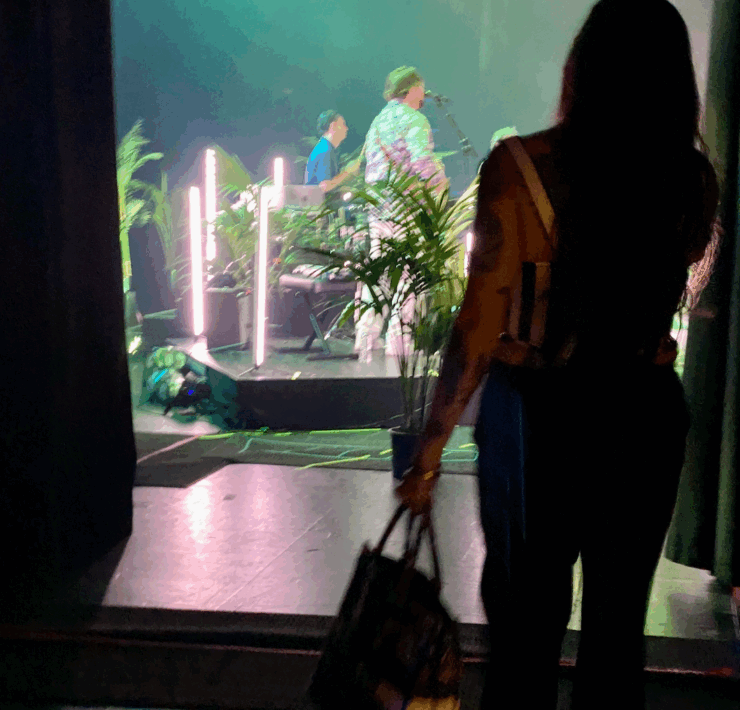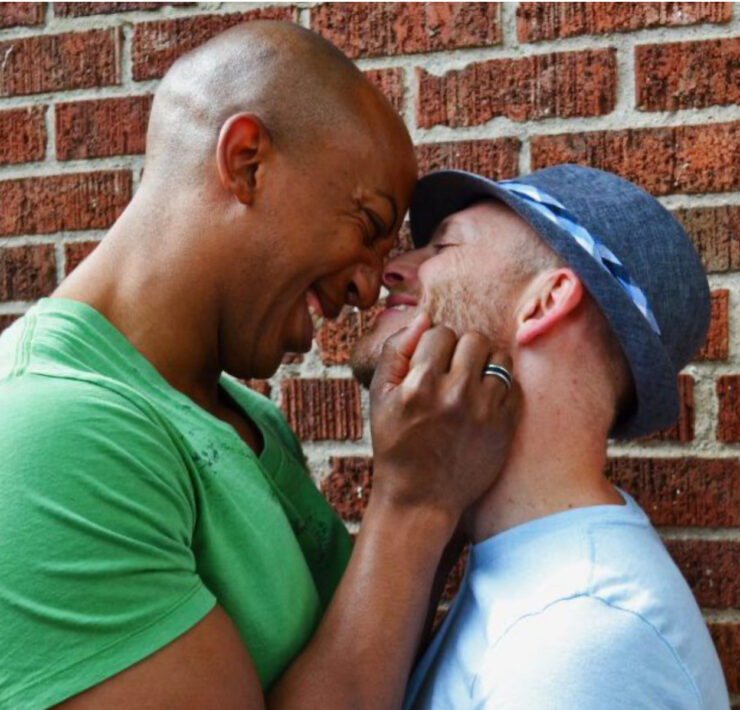The More, The Scarier: Maybe that open relationship isn’t for you

by Pieter Tolmsa
There’s a concept in philosophy called solipsism and what it says is that all you or I can ever know is that we, and we alone, exist. So you — specifically that wee little voice inside your head — are the only thing that can be trusted to exist. Now, before you sink into the Matrix and start doubting everything around you, my point: Putting trust in anyone, even ourselves, can be really challenging. We open ourselves up to losing things that are precious to us by putting ourselves out there like that.
Trust is a necessity in any healthy relationship — not a bonus. Trust forces you to reach outside your certainty and control. Frankly, I’m curious about the role of trust and how it relates to open relationships. Note: I am not going to condemn open relationships, as I am sure they work for those who are willing to commit to the labor involved. I’m speaking to the slice of the population that attempts to dabble in it when I ask, “What is the real reason you’re giving this a go?”
I wonder if part of the reason new relationships open up from the very beginning boils down to trust or, in this case, a lack of trust. It’s challenging to open up emotionally and then be shut down. Conversely, it’s pretty terrible to have someone open up to you and then watch yourself break that trust and hurt them. Is it possible the reason for the open relationship is because we don’t want to risk our partners hurting us by cheating, or that we don’t trust ourselves not to cheat on our partners? Could it be that every time we get our heart broken, we lean toward the open relationship because we want to head off heartbreak at the pass so we don’t get cheated on again? And if that is the case, are we ever really going to be ok with it when they take us at our word and start having sex with other partners? Our anger wouldn’t be valid, but that doesn’t mean we wouldn’t feel hurt and retaliate.
What about established relationships that open up? There are a few possibilities. One big one involves someone cheating, and another involves someone who is bored, stifled, or wants to have sex with others, but doesn’t want to hurt his/her partner. Another aspect to consider is whether we’re opening up the relationship to condone a partner’s cheating. Are we making excuses for his/her behavior? Are we trying to compromise loyalty to avoid loneliness? In this case, an open relationship is like a Band-Aid on a broken bone.
And what about when the partner hasn’t cheated? This could be totally valid if you’ve both discussed it. However, take caution and make sure the relationship isn’t just withering on the vine.
Open relationships are far more complex and involve significantly more trust and emotional maturity than monogamous ones if they’re going to work. If you think it involves less trust and personal sharing, then you’re destined for some tough lessons.
One more thing: If you’re considering an open relationship, at least know why you’re looking for extraneous sex. Physical intimacy is a potentially rich and meaningful exchange, but are you seeking validation and a source of self-worth by pursuing outside sexual partners that you cannot get from your current lover? Fair warning: If sex is your only source of self-validation, you’re chasing a white rabbit you’ll never catch. No amount of notches in your bedpost will give you true self-worth and you may just lose a meaningful, loving relationship in the process. Unless you are ready to be frank, open, incredibly trusting, and ready for a whole lot of personal sharing without holding anything back, then maybe that open relationship is not for you.
What's Your Reaction?
Founded in 1976, Out Front is the largest LGBTQ news organization in the Rocky Mountains. "Like" Out Front on Facebook: facebook.com/outfrontcolorado, and follow us on Twitter: @outfrontco.










